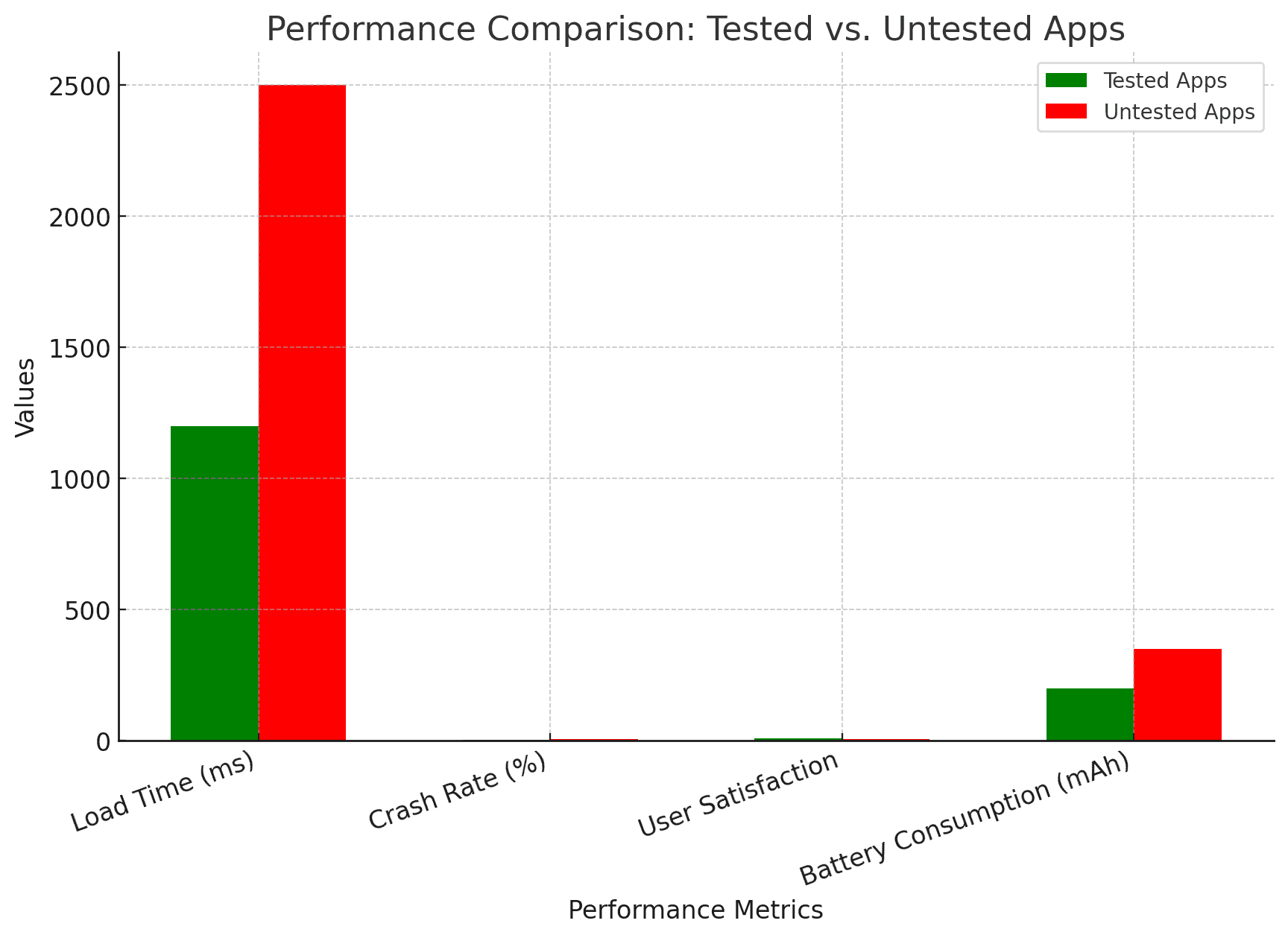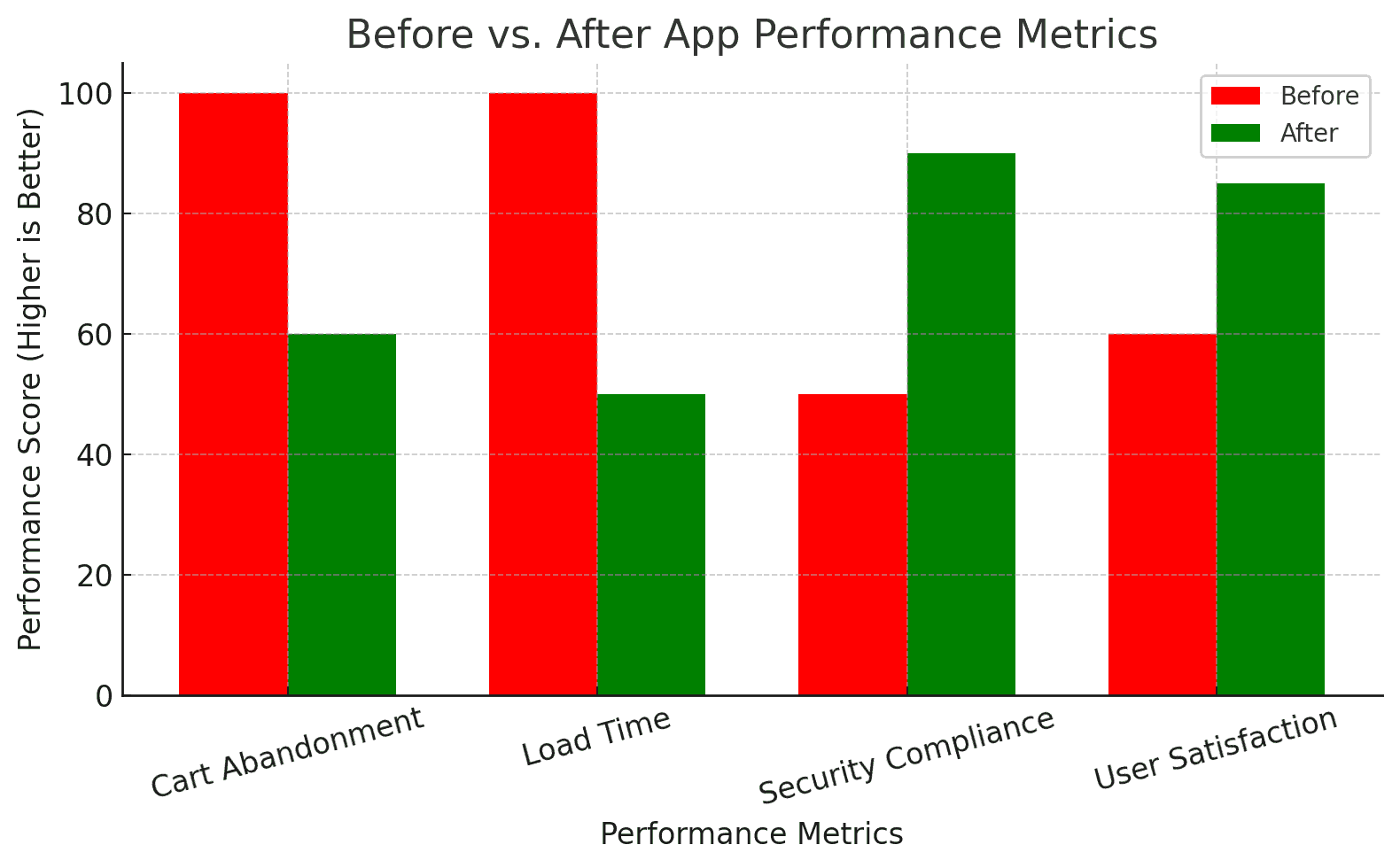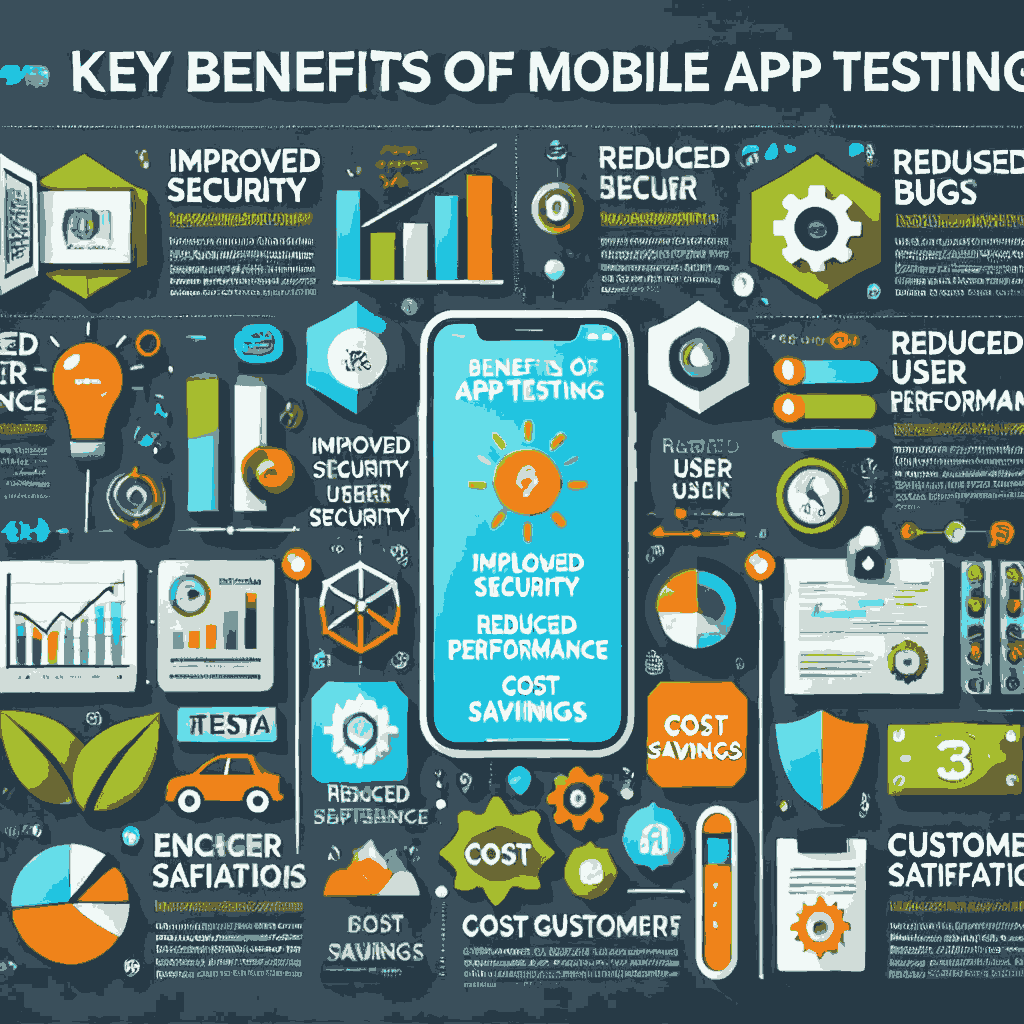Introduction
In today's digital world, mobile applications have become an integral part of our daily lives. Whether for shopping, banking, social media, or healthcare, mobile apps cater to diverse needs. However, an app's success is directly linked to its quality. Poor app performance, crashes, or security vulnerabilities can lead to user dissatisfaction, negative reviews, and loss of business.
This is where mobile app testing plays a vital role. It ensures the app is functional, user-friendly, and secure before reaching end-users. In this blog, we will explore the importance of mobile app testing, best practices, and real-world case studies to highlight its impact.
Why Mobile App Testing Is Crucial
1. Ensures High Performance & Reliability
An app with frequent crashes or slow response times leads to a poor user experience. Mobile app testing helps identify performance issues under different conditions, such as low battery, network fluctuations, or high traffic loads. Testing under real-world scenarios ensures smooth functionality and a positive user experience.

2. Enhances Security
Cyber threats and data breaches are significant concerns for mobile apps, especially those handling sensitive user information. Security testing helps identify vulnerabilities like data leaks, insecure authentication, and weak encryption. With the rise of cybercrimes, ensuring robust security measures is non-negotiable.

3. Improves Compatibility Across Devices and Platforms
With multiple mobile devices, screen sizes, and operating systems available, ensuring cross-device compatibility is essential. Testing across iOS, Android, and different screen resolutions prevents UI glitches and functionality errors. Failure to do so may result in poor usability and increased uninstall rates.

4. Reduces Development Costs & Time-to-Market
Identifying and fixing issues early in the development cycle reduces costly rework and delays in deployment. Proper testing prevents unnecessary expenses arising from post-launch fixes. Companies that integrate testing into their development process often see higher returns on investment and improved efficiency.
Case Study: Mobile App Testing Success Story
Case Study: E-commerce App Optimization
Problem:
A leading e-commerce platform noticed a high cart abandonment rate and frequent crashes on Android devices. These issues were causing significant revenue loss and negatively impacting customer retention.
Testing Approach:
- Conducted cross-device compatibility testing
- Performed UI/UX usability analysis
- Implemented security testing for payment gateways
- Identified API call failures leading to slow checkout performance
Outcome:
After fixing the identified issues, the app experienced:
- ✅ 40% reduction in cart abandonment
- ✅ 50% improvement in load time
- ✅ Better security compliance, reducing fraud risks
- ✅ Higher user satisfaction scores and positive reviews

Conclusion
Mobile app testing is an essential part of app development that ensures quality, security, and user satisfaction. A well-tested app leads to higher user retention, fewer negative reviews, and better market performance. By following best practices such as automated testing, real-device testing, usability testing, and CI/CD integration, businesses can launch high-quality apps that stand out in a competitive market.
🔍 Final Takeaway: Investing in mobile app testing is not just an option but a necessity for businesses that want to deliver seamless, secure, and high-performing applications.

FAQs
Mobile app testing is the process of evaluating a mobile application's functionality, usability, security, and performance before its release to ensure a seamless user experience across different devices and platforms.
Cross-device testing ensures that an app functions properly across different mobile devices, operating systems, and screen sizes, preventing compatibility issues and improving user satisfaction.
Common mobile app testing tools include Appium, Selenium, Espresso, XCUITest, and TestComplete. These tools help automate testing and improve efficiency.
Mobile apps should be tested continuously throughout development and after each update to ensure optimal performance, security, and user experience.





